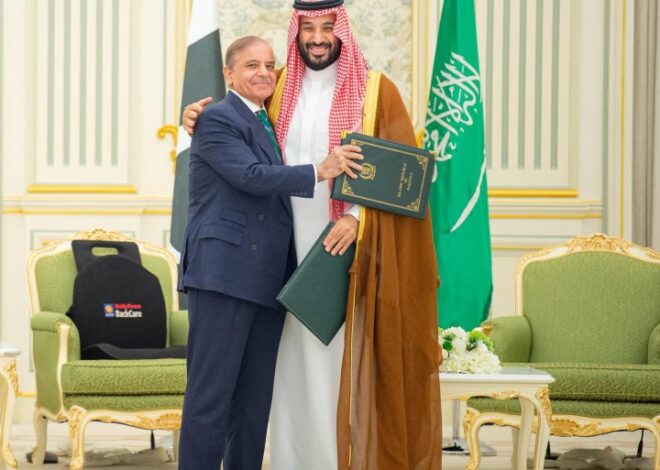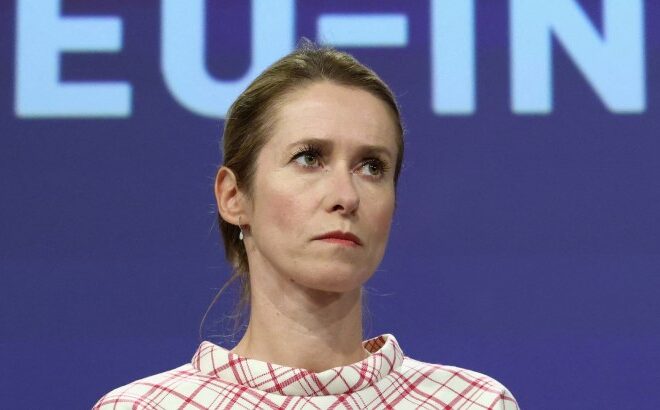
Shaming Israel for Gaza genocide could embolden it, unless it is punished | Gaza | Al Jazeera

The Urgency of Action Against Genocide in Gaza
Acknowledging the Crisis
In recent weeks, the situation in Gaza has escalated to alarming levels, with many experts and organizations now categorizing the Israeli assault as genocide. This designation, once met with skepticism, is now echoed by prominent human rights organizations, United Nations experts, and genocide scholars. The International Association of Genocide Scholars, the UN Commission of Inquiry, and numerous local and international NGOs have all concluded that Israel’s actions fall under the definition of genocide as set forth in the 1948 Convention on the Prevention and Punishment of the Crime of Genocide.
However, with this recognition comes a pressing question: What is the value of acknowledging genocide if no substantial action follows? The gravity of the term “genocide” carries significant weight, yet if the response is merely rhetorical, these declarations risk becoming complicit in the ongoing violence. If Israel has indeed crossed the threshold into genocide, does it have any motivation to cease its actions? The naming of the crime, devoid of consequences, may embolden further aggression, allowing the violence to continue under the watchful eyes of the international community.
The Role of the Genocide Convention
The Genocide Convention, established in the aftermath of the Holocaust, imposes binding obligations on nations to act not only to punish genocide after it occurs but to prevent it while it is happening. This preventive mandate should compel the international community to take decisive steps: cutting off military supplies, imposing sanctions, diplomatically isolating the aggressor, and obstructing the machinery of destruction. However, the reality is starkly different. Many of Israel’s allies continue to provide arms, shield it from accountability, and even extend diplomatic courtesies to its leaders. This disconnect between acknowledging genocide and taking action is not merely hypocritical; it constitutes complicity in the ongoing violence.
The Need for Action
The situation in Gaza is not a matter of subjective interpretation; it is a documented reality. Words alone will not halt the bombardment, nor will they alleviate the suffering of those trapped in the conflict. Without a commitment to enforce embargoes, impose sanctions, and intervene, the recognition of genocide becomes a cruel mockery of its victims. If the phrase “never again” is to hold any meaning, the international community must act decisively to prevent further bloodshed in Gaza, rather than remaining mired in legal debates.
History serves as a grim reminder that genocide does not cease due to the compassion of its perpetrators. In Rwanda, the international community recognized the genocide within weeks, yet meaningful intervention did not occur until the Rwandan Patriotic Front intervened militarily. Similarly, in Bosnia and Herzegovina, the world stood by as atrocities escalated, culminating in the Srebrenica massacre, where over 8,000 men and boys were killed in a designated “safe area.”
A Test of Credibility
What transpires next will not only challenge the moral compass of the international community but will also test its credibility. If genocide can unfold in plain sight, acknowledged by the UN and leading scholars, yet still go unchallenged, what does that say about the efficacy of the international legal order? What is the purpose of treaties and conventions if they prove powerless in the face of mass extermination?
If leading experts and the UN have unequivocally stated that genocide is occurring in Gaza, yet no decisive actions are taken, what message does that send to Israel? It suggests that words are meaningless, that the most severe crime in international law does not deter continued violence, and that outrage will culminate in statements rather than sanctions or interventions.
The Risks Ahead
Israel’s situation is distinct from that of states like Sudan or Myanmar, which are often viewed as pariah nations. Instead, Israel maintains deep ties with Western powers that continue to supply arms and provide diplomatic support. Now that the label of genocide has been affixed to the situation in Gaza, Israel must grapple with the historical implications of its actions. This stain, once recognized, will forever be associated with its legacy.
The peril lies in the possibility that the international community may mistakenly treat the acknowledgment of genocide as an endpoint. Reports are generated, resolutions are passed, and experts are consulted, yet life for civilians in Gaza deteriorates daily. Families face starvation, neighborhoods are obliterated, and children are buried beneath rubble.
This perspective is not limited to a fringe group of activists; it is supported by a substantial body of evidence and expert consensus. While Israel may attempt to deflect responsibility, it cannot escape the reality that history is documenting the systematic targeting of the Palestinian population and the intent to erase their existence.
The Consequences of Inaction
Rather than serving as a deterrent, the acknowledgment of genocide may embolden Israeli leaders to intensify their actions. If they are already condemned and their legacy is irrevocably tied to genocide, why not escalate the violence further? The chilling logic follows: if they have crossed one threshold, crossing others becomes easier.
The world is not merely witnessing the destruction of Gaza; it is witnessing the erosion of the very concept of law as a protector of the vulnerable. The implications of this crisis extend beyond the immediate human toll; they challenge the foundations of international law and moral responsibility.
Key Facts
– Leading experts and organizations have concluded that genocide is occurring in Gaza.
– The 1948 Genocide Convention mandates not only punishment but also prevention of genocide.
– Historical precedents, such as Rwanda and Bosnia, illustrate the consequences of inaction.
– The international community’s failure to act risks complicity in ongoing violence.
– Israel’s ties with Western powers complicate the potential for meaningful intervention.
Source: www.aljazeera.com



